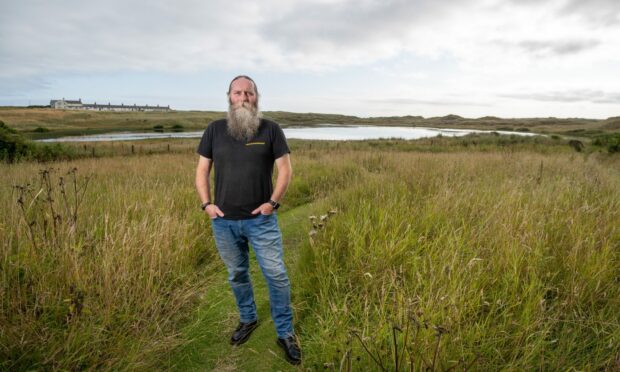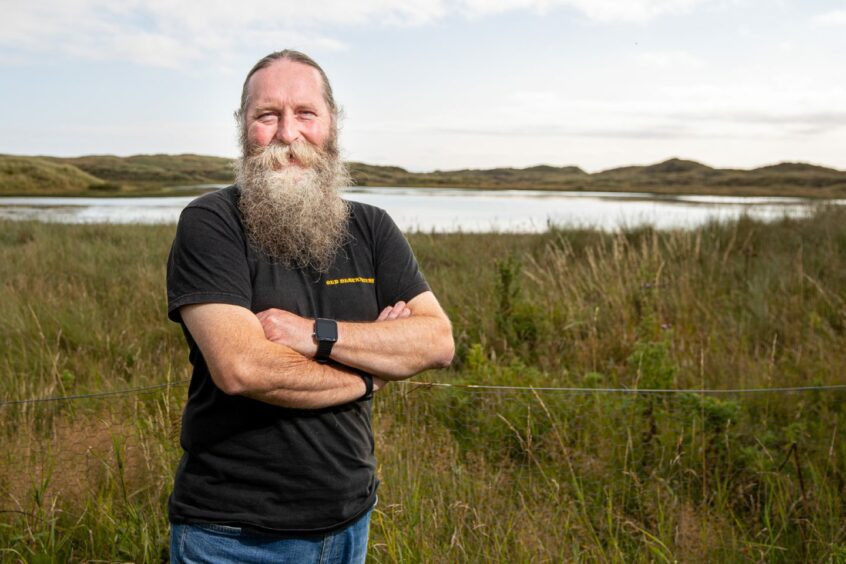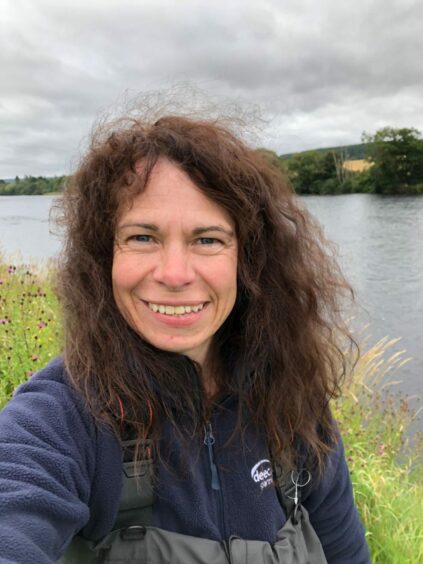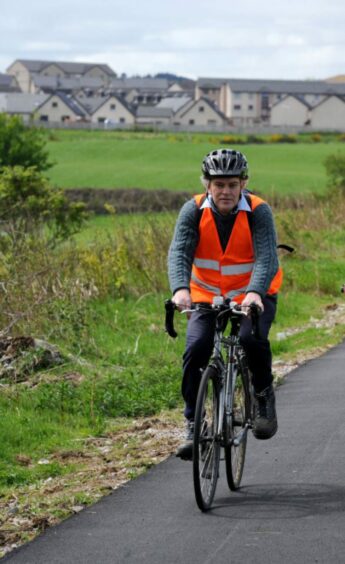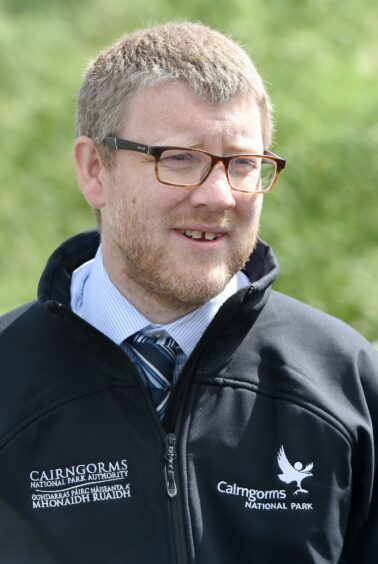After two weeks of negotiations, protests and climate action, a new global climate deal has finally been struck in Glasgow.
The Glasgow Climate Pact is the first ever climate deal to explicitly plan to reduce coal, the worst fossil fuel for greenhouse gases.
But many are worried the pledges don’t go far enough to limit temperature rise to 1.5C.
A commitment to phase out coal that was included in earlier negotiation drafts led to a dramatic finish after India and China led opposition to it.
COP26 President Alok Sharma said he was “deeply sorry” for how events had unfolded, but what do experts in the north and north-east think?
Pete Smith, professor of soils and global change at the University of Aberdeen and science director of Scotland’s ClimateXChange
Overall rating: 6/10
“The pledge by more than 100 national leaders to stop deforestation and begin restoring the world’s forests by 2030 is a positive outcome, as is the Global Methane Pledge which aims to limit methane emissions by 30% compared with 2020 levels,” said Pete.
He was also pleased to see India set a goal to be net zero by 207o and for South Africa to begin transitioning away from coal.
“More disappointing was that the $100 billion per year promised by rich nations to poorer countries in 2009 has not delivered yet, and will not be delivered until 2023 – this is really inexcusable.”
Why biodiversity shouldn’t be forgotten in the climate flight – listen to leading University of Aberdeen climate scientist Professor Pete Smith on the Climate Now podcast at https://t.co/PVpRRsuXIl #Cop26 #TogetherForOurPlanet #UniABDNcop26 pic.twitter.com/ljPtBdnv67
— University of Aberdeen (@aberdeenuni) October 16, 2021
Pete was also disheartened to see that China did not announce any new ambitions at COP26 and called Australia’s ambition on climate action “woeful”.
“The launch of the Beyond Oil and Gas Alliance is a big step forward, but I am disappointed that more countries (including Scotland and the UK) have not signed up.
“We have to stop burning fossil fuels as quickly as possible – and global governments subsidising fossil fuel production and consumption by $420 billion per year makes absolutely no sense. It moves us in the wrong direction.
Dr Susan Cooksley, manager of the Dee Catchment Partnership, a collective of organisations tasked with protecting and restoring the waters and landscapes of the Dee catchment.
Overall rating: 7/10
“The most heartening outcome for us was the announcement of a rolling, year-on-year nature restoration fund from the Scottish Government, targeting lochs, peatlands and wetlands in particular – that’s hugely exciting,” Susan said.
She explains that the Dee catchment has benefited from similar funding in recent years which has enabled restoration at various sites.
But, as Susan explains, creating meaningful, catchment-wide improvements, requires restoration on a much bigger scale.
“We want to build a climate-resilient catchment that serves the needs of people and nature, and to help Scotland meet its international biodiversity and net zero commitments by 2030,” she said.
“Continued and significant funding is vital to this.”
Martin Ford, Scottish Green Party councillor for Aberdeenshire
Overall rating: 4/10
“No it was not a success— but nor was it a complete failure,” Martin said of COP26.
“The new commitments made take us closer to the overall reduction in emissions needed, but still fall well short of delivering on the Paris agreement.
“That is deeply concerning. I had hoped for more progress.”
Councillor Ford said that although he welcomes the host of new commitments, what really matters is that action is actually taken to deliver on them.
“This is now about who does what — and when — to achieve the agreed target,” he said.
Of course, that’s difficult. But agreement there will have to be. There is no rational alternative.”
Grant Moir, CEO at the Cairngorms National Park Authority
Overall rating: 6/10
“The deal struck at COP26 hopefully offers a way forward, but the real work starts now and significant progress on cutting emissions in the next decade is critical,” Grant said.
He emphasised the need to make fundamental changes across transport, energy, housing, and land use.
It won’t be easy, he said, “but we must cut emissions if we are going to pass on a safe planet to our children and grandchildren.”
Looking forward to speaking on #snow and #climate change and impact on #Cairngorms #NationalPark at #Cryosphere Pavilion this afternoon. Turns out @BarackObama is here today and took a grainy pic. He is quite popular!! @cairngormsnews #COP26 pic.twitter.com/Wsui7VLKlc
— Grant Moir (@cairngormsCEO) November 8, 2021
The Cairngorms National Park Partnership Plan is open for public consultation until mid-December and contains an ambitious set of targets for the future of the park.
“Having attended COP26 in person, I have never been more certain that now is the time to act, both as a Park and as a society to ensure that emissions are reduced, and nature is restored,” Grant said.
